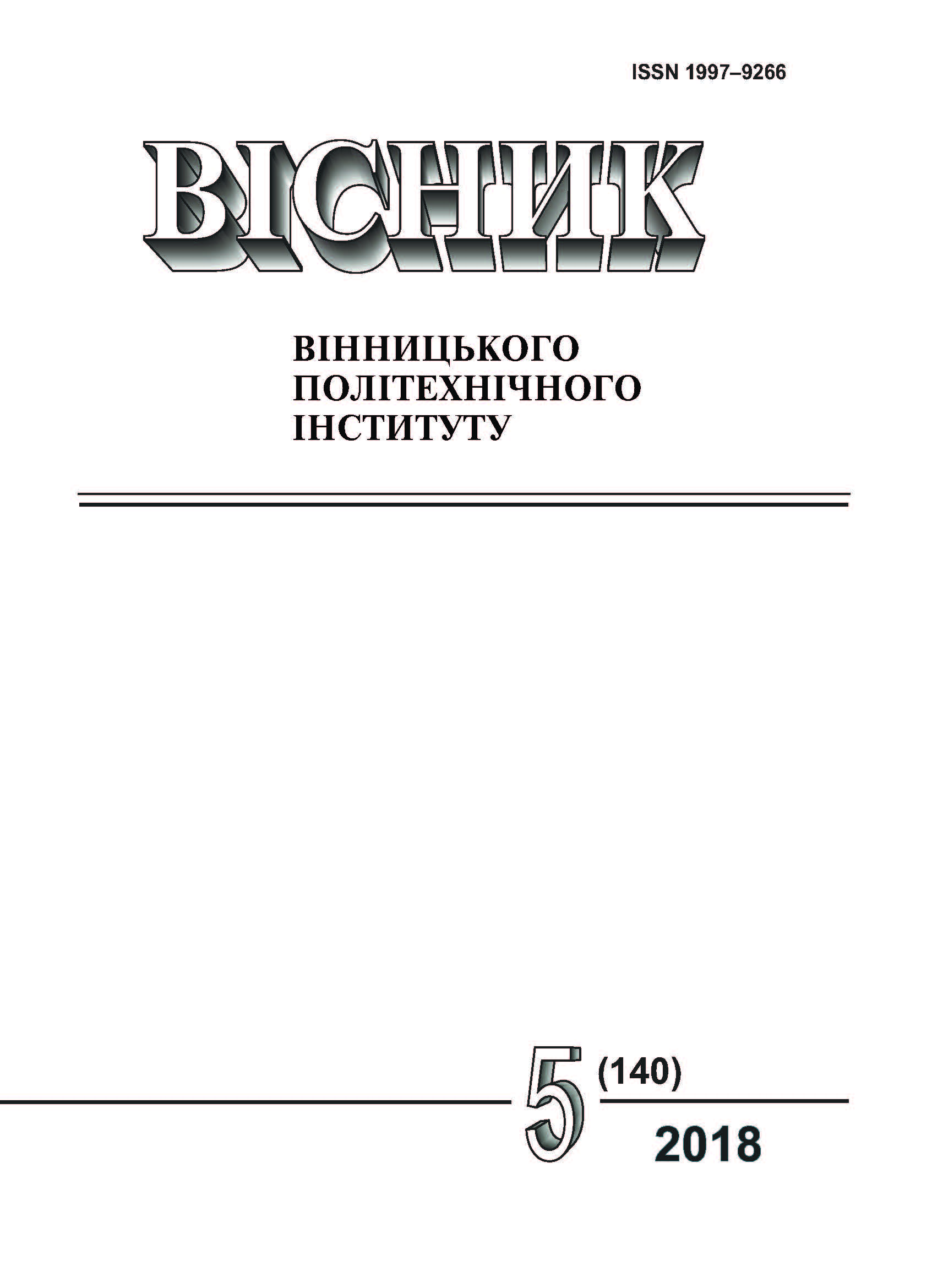The Interactive Educational Technology of Forming Rhetorical Culture of Future Teachers of the Universities
DOI:
https://doi.org/10.31649/1997-9266-2018-140-5-105-113Keywords:
rhetorical culture of the university lecturer, training technology, interactive teaching methods, classification of interactive teaching methodsAbstract
In the article, the concept of «technology learning», «interactive learning» was analyzed through the prism of teaching rhetoric. Polemical remarks about the use of the notion «technology of training» were formulated, in particular, regarding the signs of technocracy in the technological approach to learning. The application of technology at the subject level as a set of methods, as well as in connection with the presence of a distance component of training with the use of information and communication technologies was substantiated. Interactive technology for the forming of the rhetorical culture of future lecturers of the university was proposed. It combines traditional, active and interactive methods of rhetoric education with a tangible advantage of the latter. The technology consists of the following groups of methods: cooperative training (work in small groups of cooperation), collective-group training (lecture-conversation, lecture with mini-lectures of students, lecture with preliminary independent study of the text of the lecture, group discussion, public speaking, group rhetorical analysis, etc.), situational modeling (distance and classroom didactic games), practical training (rhetorical training according to stages of rhetorical activity) and self-improvement training (rhetorical portfolio). The direction of forming the rhetorical culture of students for the future scientific and pedagogical activity involves: 1) the content and organizational-methodical connection of rhetoric with psychological and pedagogical subjects; 2) the use of didactic material of pedagogical content; 3) the use of pedagogically significant methods and techniques of teaching rhetoric (discussion, game, practice of teaching by students, staging of problematic questions, etc.).
The technology was based on humanistic, axiological, communicative methodological approaches and principles of partnership of subjects of the pedagogical process, thought-speech activity and interactivity, the unity of rhetorical theory with the practice of speech, autonomy and the choice of an individual educational trajectory, creative productivity, stimulation of scientific research activity, competition and emotional comfort.
Downloads
-
PDF (Українська)
Downloads: 358
Published
How to Cite
Issue
Section
License
Authors who publish with this journal agree to the following terms:
- Authors retain copyright and grant the journal right of first publication.
- Authors are able to enter into separate, additional contractual arrangements for the non-exclusive distribution of the journal's published version of the work (e.g., post it to an institutional repository or publish it in a book), with an acknowledgment of its initial publication in this journal.
- Authors are permitted and encouraged to post their work online (e.g., in institutional repositories or on their website) prior to and during the submission process, as it can lead to productive exchanges, as well as earlier and greater citation of published work (See The Effect of Open Access).





